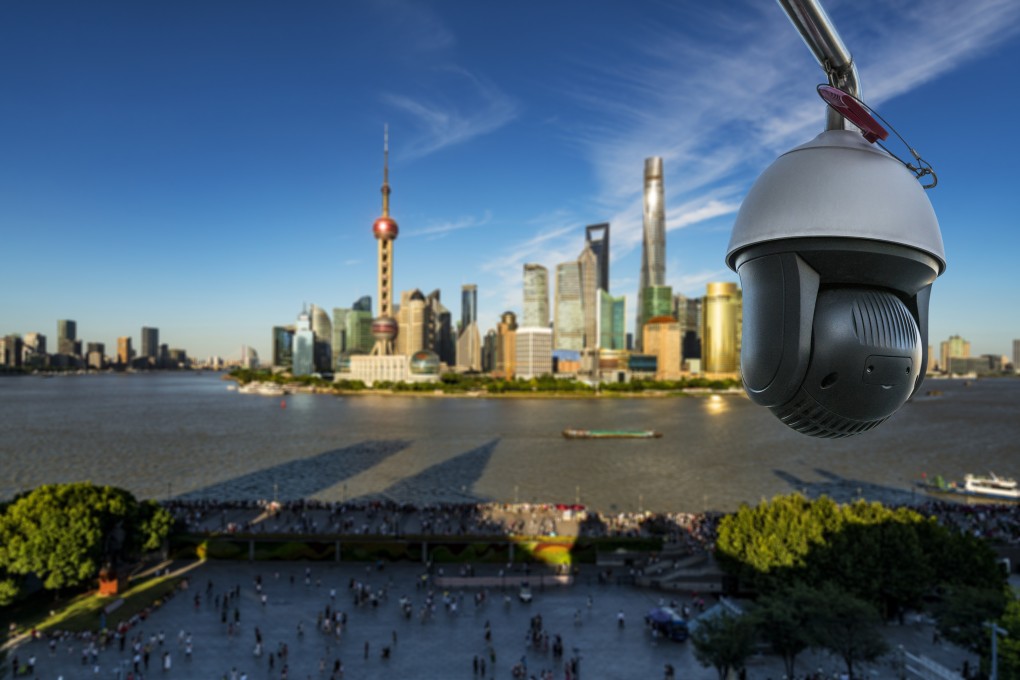China will ‘unwaveringly’ back private sector but scrutiny to stay, Communist Party congress spokesman says
- All eyes are on the 20th party congress for signals on the way forward for a private sector hard-hit by the pandemic and regulatory crackdowns
- Party recognises positive role of capital but must prevent unregulated expansion, congress spokesman asserts on eve of event

China’s ruling Communist Party has vowed to continue to push for the development of the private sector, while highlighting the importance of increased market scrutiny.
As delegates gathered in Beijing for a pivotal twice-a-decade meeting, the party also reaffirmed its resolve to “unwaveringly” open up the market further to foreign investors and continue to improve the country’s business environment.
This comes as foreign investors and private entrepreneurs alike – hard-hit by nearly three years of strict zero-Covid measures – anxiously wait for policy signals from the 20th party congress. Starting on Sunday, the weeklong event is expected to introduce a new line-up of top leaders and help the nation set course for the next five years.
While repeatedly hailing the contribution of private firms to economic growth and jobs, decision makers in Beijing declared in late 2020 that curbing the “disorderly expansion of capital” was a top priority. The drive for “common prosperity” also rose up the political agenda last year.
The private sector is an important part of the economic basis for upholding and developing socialism with Chinese characteristics.
But those policy moves softened in 2022, after the economy was buffeted by the coronavirus pandemic and successive regulatory efforts to rein in private capital, such as crackdowns on tech giants, off-campus tutoring firms, property developers and wealthy celebrities.